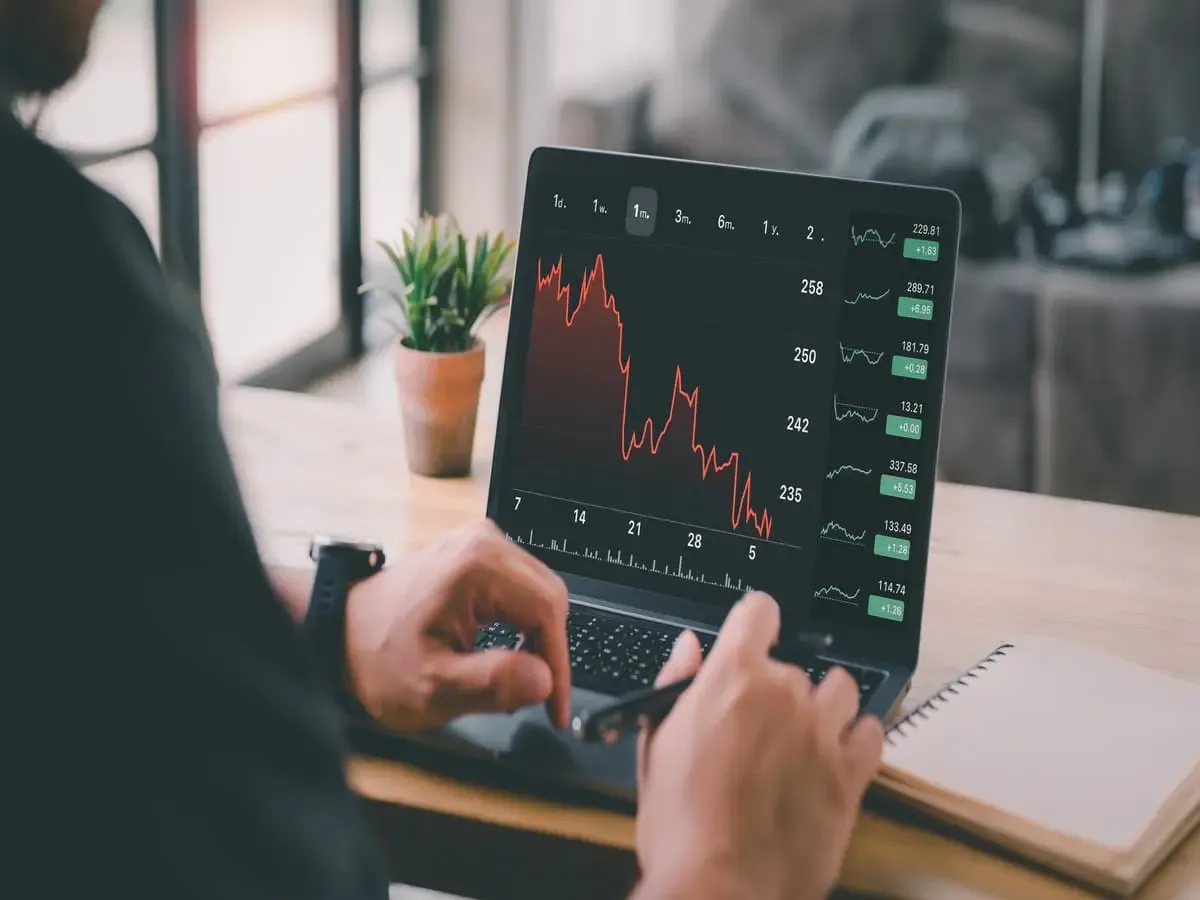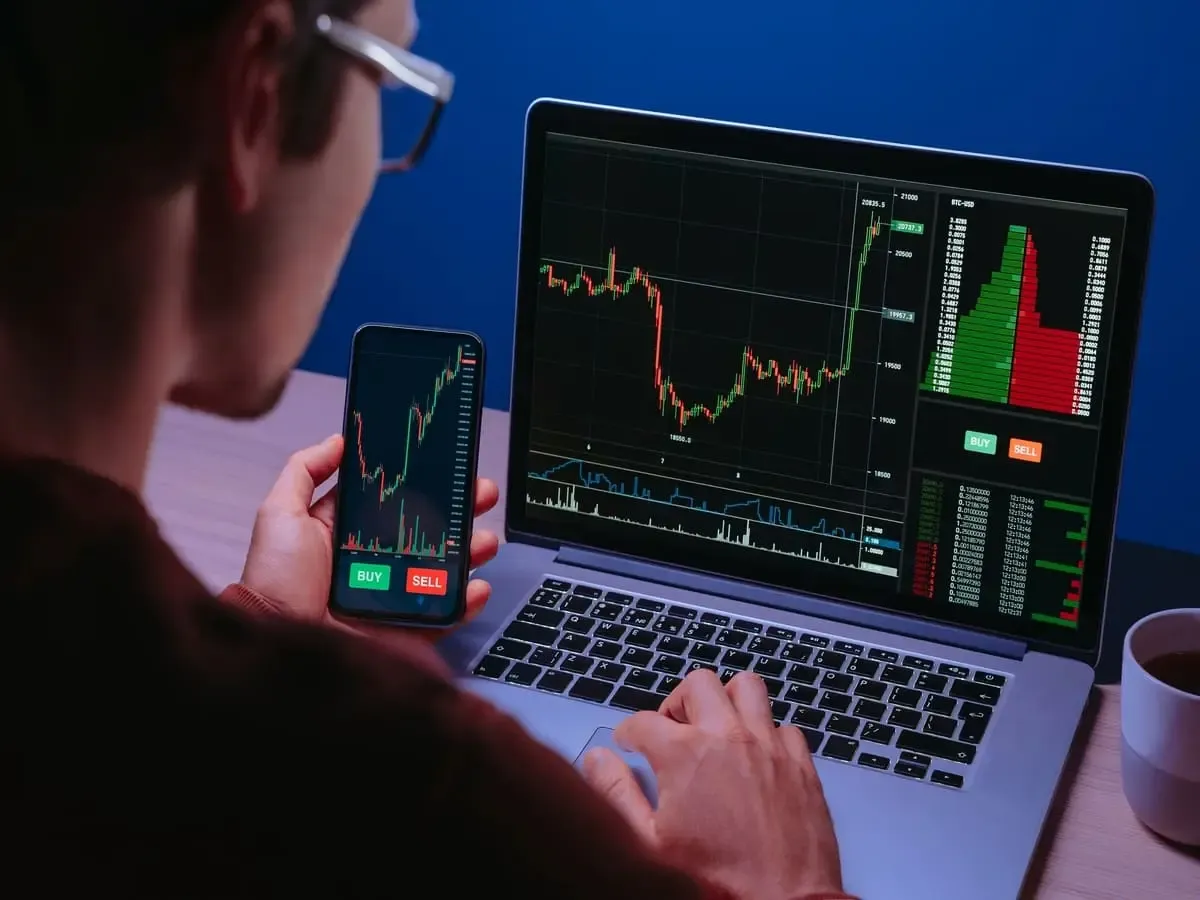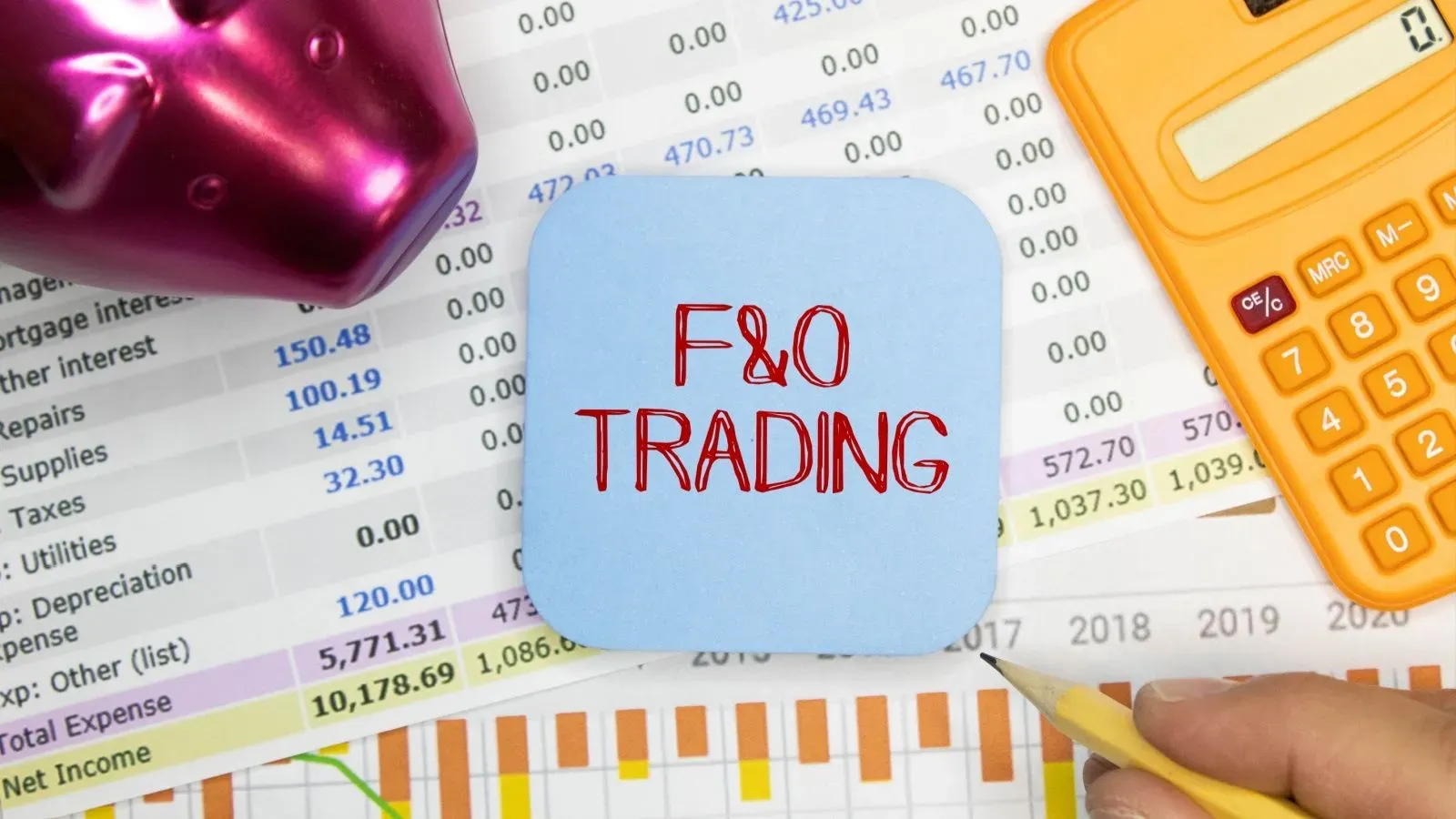Commodity Futures - Prices, Investing, Trading, & Market in India
Written by Upstox Desk
Published on February 10, 2026 | 5 min read

Commodity futures are futures contracts that derive their value from underlying assets. Commodity futures in India are available for a plethora of products. Crops such as: Channa, cotton; petroleum products like natural gas, metals like gold, silver etc. Similar to other future contracts, a trader can enter into a contract to buy or sell an underlying asset at a specific price in future. They are traded on the Multi-Commodity Exchange (MCX) and the National Commodity and Derivatives Exchange (NCDEX).
Mr. Iyer is a South Indian restaurant owner who buys large quantities of rice frequently as it is the main ingredient for most of his dishes. But due to the market forces of demand and supply the price keeps on fluctuating. But he cannot change the rates of the dishes in the menu card every time there is a change in price, nor can he let it eat into his profits as he will be running his business at a loss.
He decides to enter into a contract with a farmer Mr. Khan to buy 1000kgs of rice directly @₹20/kg next month. By doing this he has ensured continued supply of rice at a fixed price. The farmer enters into a contract to secure a good deal for his crop. This is an example of a forward contract, the first step in the evolution of Commodities Futures trading.
Evolution of Commodity Futures
Let's learn how commodity futures evolved to be what they are today.
- Forward Contracts were first used by farmers to trade their produce. Crops were some of the early commodities traded.
- But Forwards are risky in nature as either party can refuse to carry out the agreement. This is known as Default Risk or Counterparty Risk.
- In order to mitigate this risk, Futures contracts were introduced. These were exchange-traded standardized contracts and are easy to trade.
- Futures contracts were also introduced on other commodities for instance metals such as Gold and silver as well as petroleum products like natural gas.
Basic Terminology
Here are a few frequently used basic terminologies used when trading in future commodity market.
-
Expiry: Expiry means ‘when the contract period comes to an end or the duration of the contract’. In Indian markets, Commodity Futures have different expiries.
-
Spot price: Spot Price is the price of the commodity in the cash market.
-
Future price: Future price is the price of the Futures Contract.
-
Backwardation: When the Futures’ price is trading lower than the Spot price.This is called Backwardation.
-
Contango: When the Futures’ price is trading higher than the Spot price.This is called Contango.
-
Margins: Initial Margin refers to the minimum amount one needs to keep in his account if he wants to take a position in Futures. Maintenance Margin refers to the minimum amount that one has to maintain in his account in order to continue holding an open position in the market at all points of time.
-
Settlement: Settlement means ‘how a contract is closed or settled’. In the Indian markets there are two kinds of Settlements – cash settled and physically settled.
- In cash settlement, the profit or loss is settled through a cash exchange.
- A physical settlement is one that is settled with the exchange of the commodity. This happens when a trader has an open position on expiry.
Characteristics of Commodity Futures
Commodity Futures evolved from Commodity Forwards to facilitate trade. Following are the characteristics of Commodity Futures.
-
Standardized Contracts
The quantity, quality, price and time to expiry are determined by the exchanges in which they are traded.
-
Leverage
In order to trade in Futures, one need not pay the full contract value. They just need to pay the initial margin to start trading. For example, to buy 1000kgs of rice @20/kg. One has to pay ₹20000, which is the total contract value. But on the exchange, as the margin requirement is 20%, a trader has to pay ₹4000 to take this position. This is known as leverage.
-
Mediator
Exchanges act as mediators in the future commodity market. Commodity futures trading is very organized and takes place in commodity exchanges like MCX and NCDEX in India.
-
FMC Regulated (now SEBI)
Commodities futures prices in the markets are monitored to ensure fair practices. The Forward Market Commission regulates it to ensure continued interest in commodities futures investing.
-
Physical delivery
Buyers have the choice of accepting physical delivery on the expiry of these contracts. If the buyer doesn’t seek physical delivery, there is an option to square off the transaction before its tender period.
Advantages of trading in commodity futures market
-
Hedging
Commodity futures enable hedging against price fluctuations which eliminate uncertainty for producers, traders and end-users. Investors trade in commodities to hedge their portfolio.
-
Leverage
In order to trade in Futures, one needn't pay the full contract value. They just need to pay the initial margin to start trading.
-
Arbitrage
They can use the price difference as an opportunity to earn a profit.
Disadvantages of trading in commodity futures market
-
Over-leverage
Due to over leveraging,while a trader profits can be magnified, so can the losses.
-
Volatility
Commodity futures prices are highly volatile. Commodity markets are influenced by events from around the world, and price changes can happen anytime. Eg. hike in gas and oil prices due to the war in Ukraine.
-
Speculation
Speculators could artificially inflate or deflate prices and create artificial scarcity.
About Author
Upstox Desk
Upstox Desk
Team of expert writers dedicated to providing insightful and comprehensive coverage on stock markets, economic trends, commodities, business developments, and personal finance. With a passion for delivering valuable information, the team strives to keep readers informed about the latest trends and developments in the financial world.
Read more from UpstoxUpstox is a leading Indian financial services company that offers online trading and investment services in stocks, commodities, currencies, mutual funds, and more. Founded in 2009 and headquartered in Mumbai, Upstox is backed by prominent investors including Ratan Tata, Tiger Global, and Kalaari Capital. It operates under RKSV Securities and is registered with SEBI, NSE, BSE, and other regulatory bodies, ensuring secure and compliant trading experiences.






















